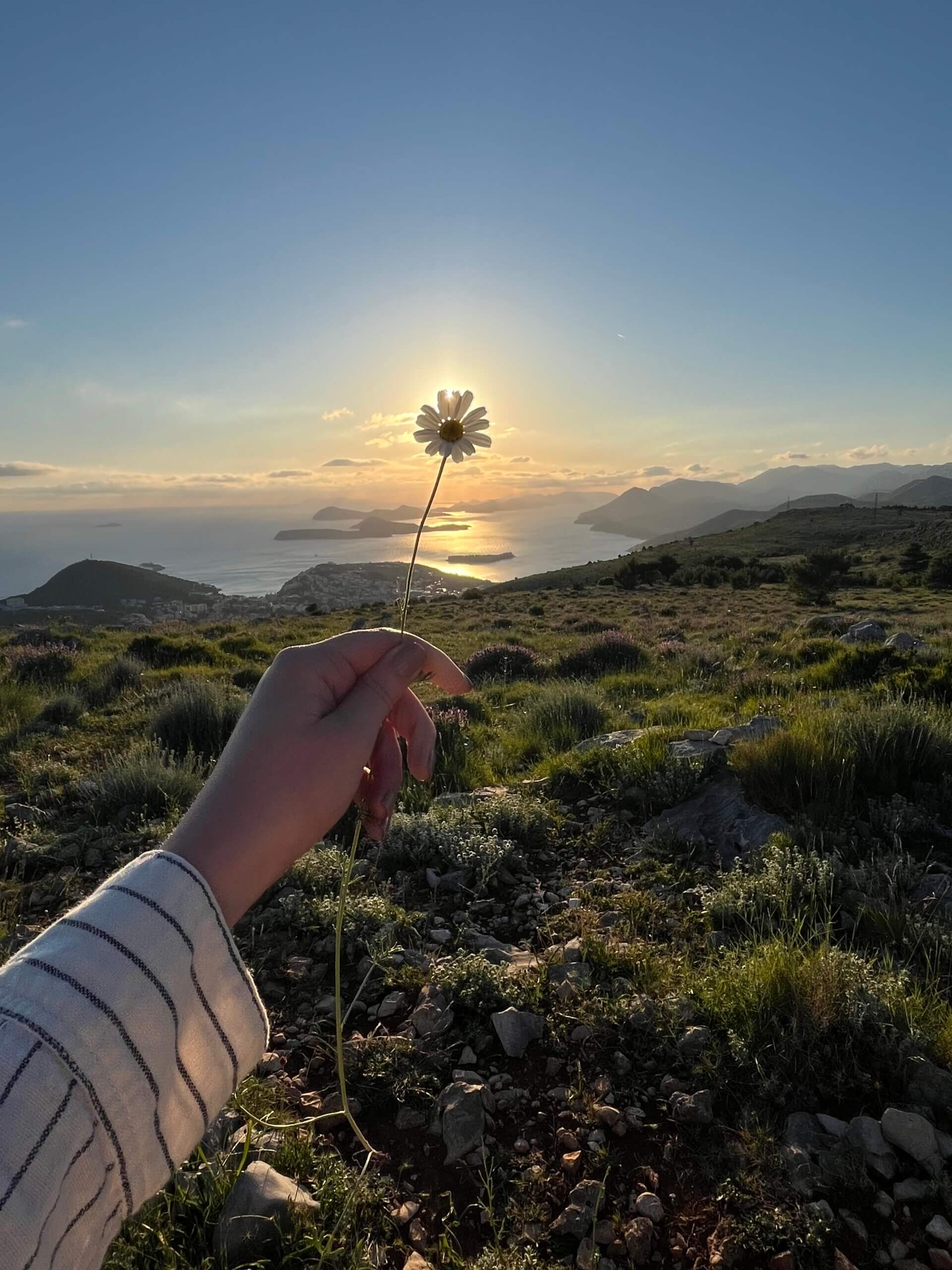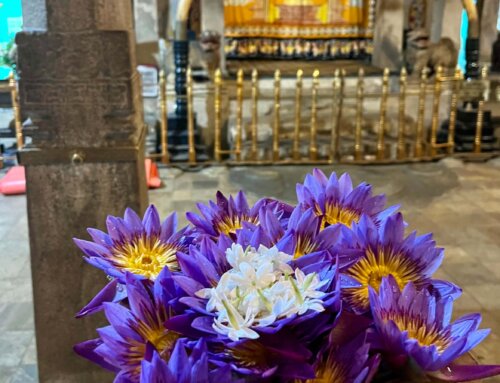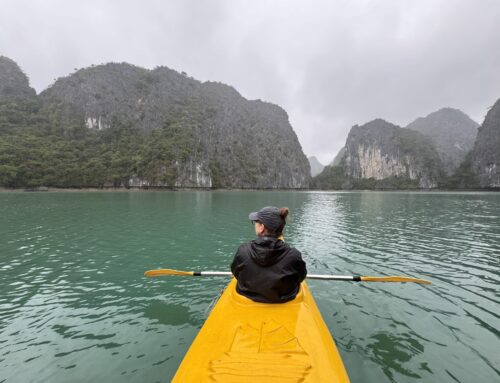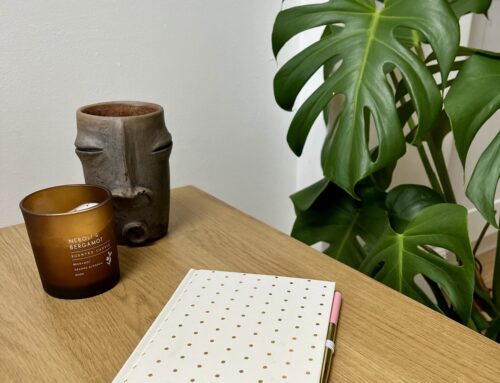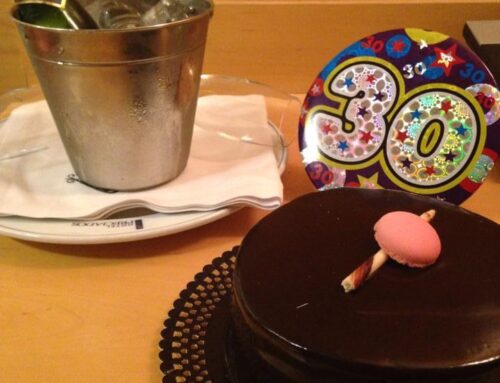Dr Patapia Tzotzoli, Clinical Psychologist & Guest Contributor
In today’s fast-paced, hyper-connected world, travel often becomes just another thing we “do.” We rush through airports, tick off attractions, capture photos, share them on our social media, and return home feeling like we need another holiday to recover. But what if we approach traveling as an extended mindfulness exercise? This way it will not only help us see the world, but also reconnects us to ourselves!
As a clinical psychologist and passionate traveller, I’ve experienced first-hand the therapeutic potential of travel. When approached mindfully, travel can offer not only novelty and adventure, but space for emotional regulation, deeper connection, and personal growth.
What is mindful travel?
Mindfulness is the practice of paying attention to the present moment with openness and without judgment. When we bring this intention to travel, it transforms the way we experience everything: from how we pack our bags to how we interact with new sights, tastes, cultures, experiences.
Mindful travel means being fully present – not rushing, not numbing, not escaping. It means observing your surroundings with curiosity, noticing how you feel, and allowing yourself to experience the journey as it unfolds, moment by moment.
It’s not a new concept. In fact, it aligns closely with psychological research showing that our wellbeing improves when we are present and engaged in meaningful activities. The New Economics Foundation (NEF), in its well-known ” Five ways to well-being” model, highlights “Take Notice”. “Keep Learning”, and “Connect” as three core pillars of psychological health. Travel offers a perfect opportunity to practise all three of these.
Two personal experiences
A few years ago, I travelled to Vietnam with this group that truly offered me a life-changing experience. I joined my companions with reluctance but this trip turned into a powerful experience that challenged me physically, emotionally, and socially. Driving through unfamiliar terrain for 300km a day, adapting to new environments, connecting with fellow travellers and locals, and witnessing the richness of Vietnamese culture demanded full presence and engagement. Reflecting on the experience later, I recognised it left me with a lasting sense of growth, connection, and emotional vitality. You can read more about this experience in detail here.
Another experience that had a huge impact on me took place on the remote Greek island of Anafi, where I travelled alone many years ago. I stayed in a small apartment on a hillside, with only a handful of rooms nearby, and a small beach at the bottom of the hill. The nearest village (and amenities), home to just 300 locals, was much further away. From my room, I could see endless shades of blue – where the sea blended with the sky. Each morning, I’d open my door to the breeze and the distant sound of waves, and at night, with no artificial light, the stars shone so brightly I couldn’t stop looking at them. My hikes took me through yellow meadows scented with wild thistles, dry oregano, and thyme shrubs. I was fully present – for the smells, the scratches on my legs from the bushes, the heat, the sweat, and the blissful relief of diving into the sea. Though I was alone, my senses were so fully alive that I felt creatively and emotionally fuelled. All I wanted was to write and paint. Time (and me!) slowed like never before, and life softened. Never had I felt more attuned to the world around me – or to myself. It was, truly, a soul-and-mind-changing holiday.
Why mindful travel supports mental health
Research supports the idea that mindful experiences promote better emotional regulation, increased self-awareness, and greater resilience. In a 2019 review published in Clinical Psychology Review, mindfulness-based interventions were shown to reduce symptoms of anxiety and depression and improve overall emotional wellbeing.
Travel adds a layer of richness to this. When we travel mindfully, we open ourselves to:
- New perspectives – Exposure to other cultures and lifestyles helps us expand our worldview and challenge rigid thinking patterns.
- Gratitude and awe – Nature, culture and architecture – all can evoke moments of wonder that shift our mental and emotional state.
- Present-moment awareness – When we savour the taste of a local dish or watch a sunset from a different place in this world, our nervous system has a chance to reset.
- Connection – Whether with locals or travel companions, meaningful connection is a protective factor for mental health.
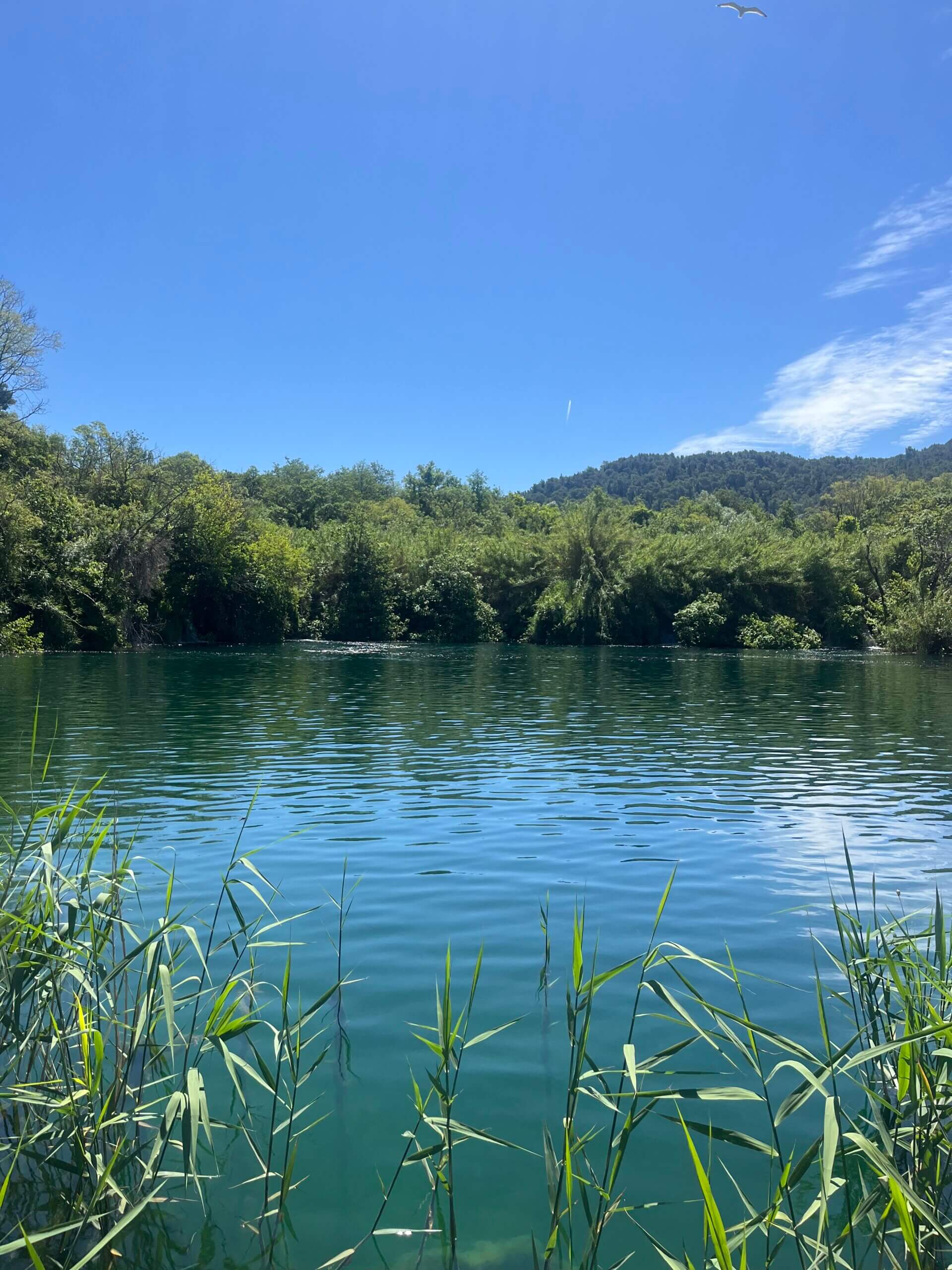
Making travel a mindful practice
Mindfulness doesn’t just happen. It’s a skill we build intentionally. Here are a few ways to bring more mindfulness to your travels:
1. Set an intention
Before you even leave home, ask yourself: What do I want to feel on this trip? Grounded? Inspired? Reconnected? Let this guide your choices.
2. Slow down
It’s tempting to over-schedule, but try to leave room for spontaneity. Choose depth over breadth. Stay longer in fewer places.
3. Use your senses
Mindfulness is a sensory experience. Notice the smell of spices, the sound of street musicians, the texture of local fabrics. Engage fully.
4. Reflect
Carry a small journal. Note what you’re noticing. What surprised you? What challenged you? What moved you?
5. Practise digital boundaries
Take photos, but don’t view your entire trip through a lens. Put your phone down. Look around. Be where you are. Don’t post!
6. Be kind to yourself
Travel can stir up unexpected emotions. Loneliness, discomfort, fatigue. It’s okay. Bring compassion into the journey. Treat yourself with care.
Final thoughts
Mindful travel doesn’t require exotic destinations or extended sabbaticals. It asks only that we show up to the world, and to ourselves, with curiosity and care. Whether you’re heading across the globe or exploring your own neighbourhood town, the opportunity is the same: to be present, to notice, and to connect.
If you’re navigating stress, burnout, or a sense of disconnection, mindful travel may offer more than just a break. It might be a turning point. And if you need help making sense of what you’re carrying, know that support is available.
——
Dr. Patapia Tzotzoli is a UK-trained, HCPC-registered Clinical Psychologist with over 20 years of experience. She is the Director of My Psychology Clinic, where she offers one-to-one online therapy tailored to a select clientele and the Founder of My Triage Network, where she provides free consultations and personalised introductions to trusted UK-based mental health professionals for anyone seeking assessments or therapy.

